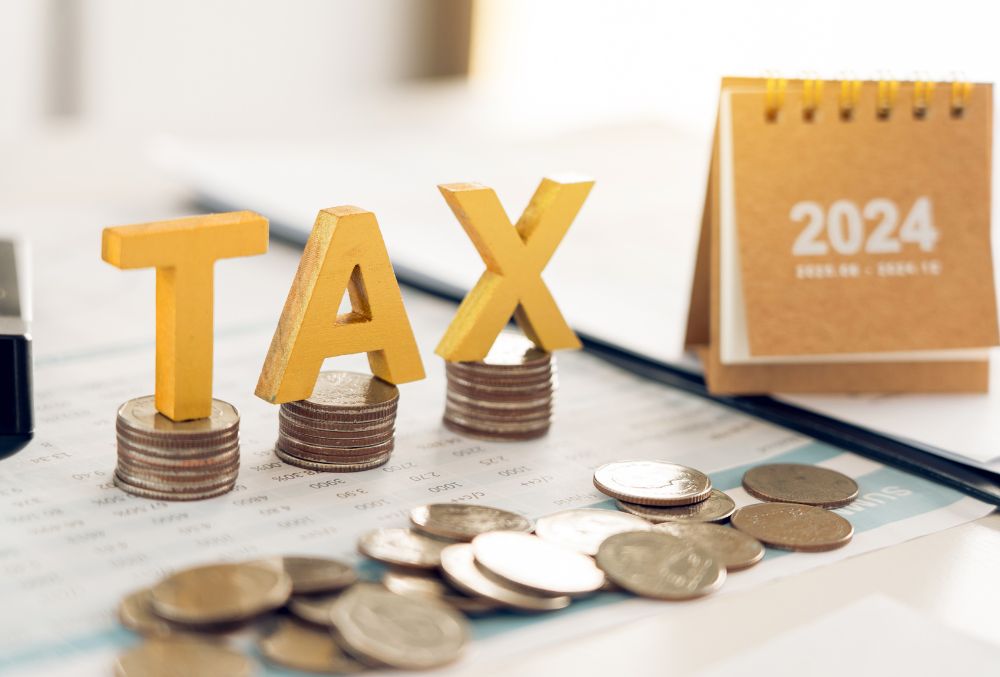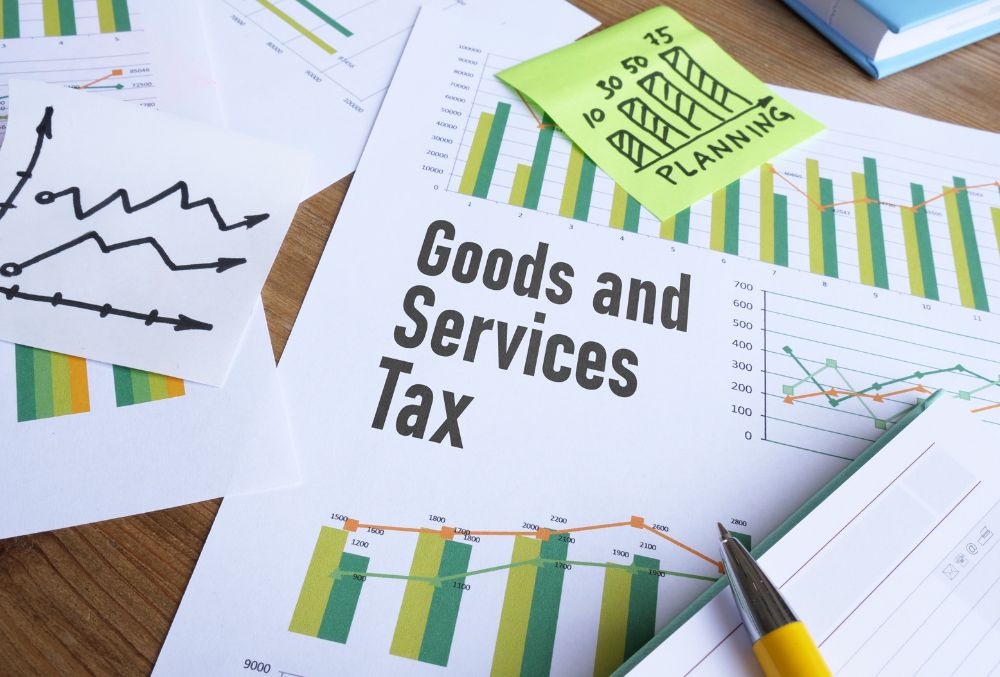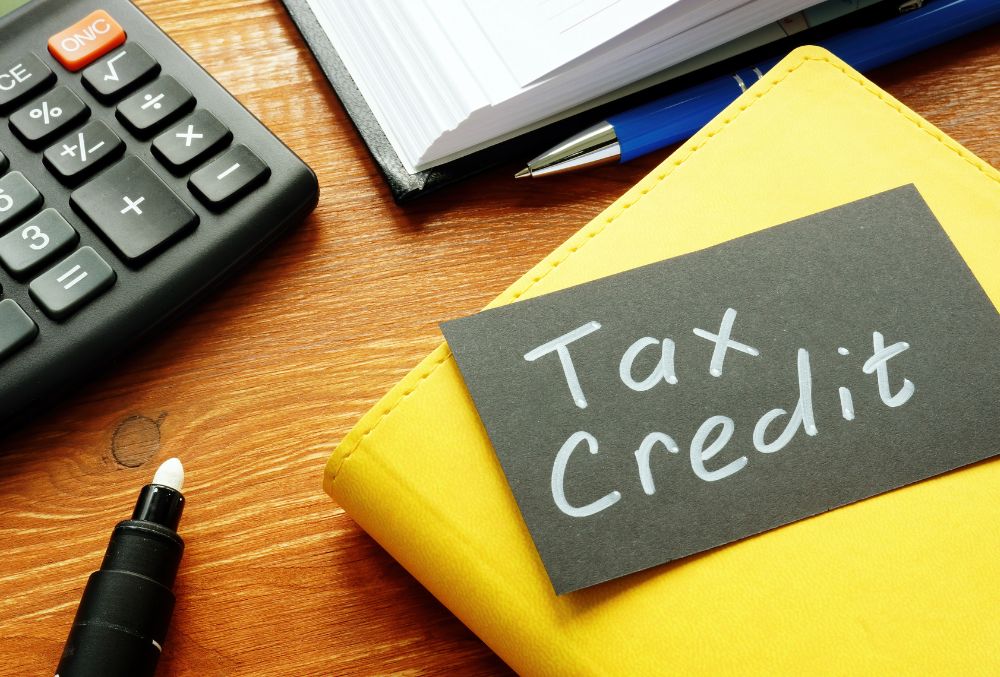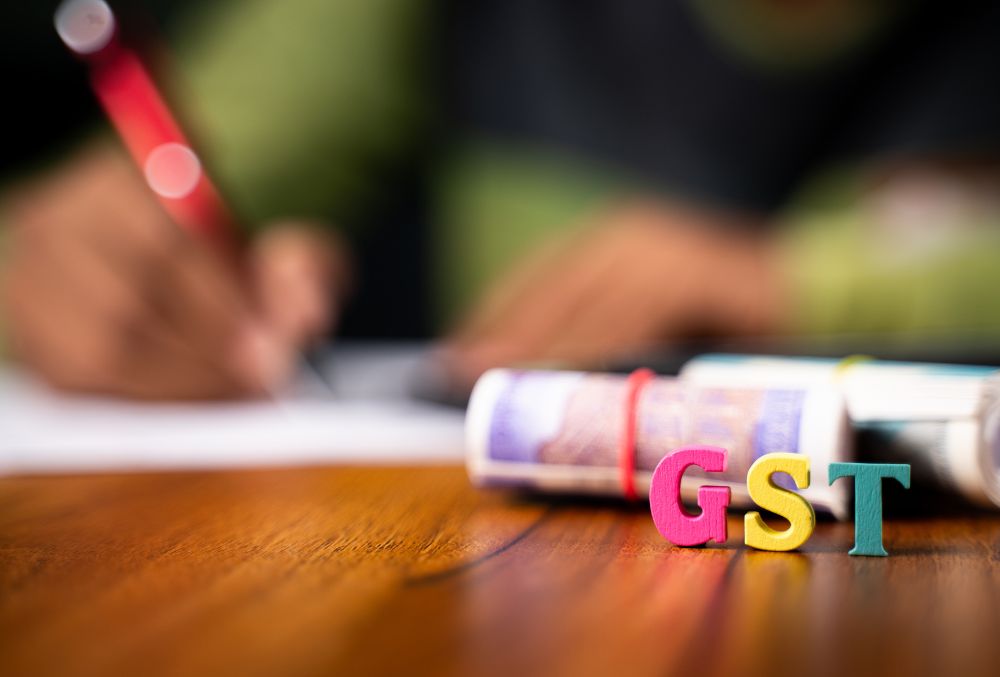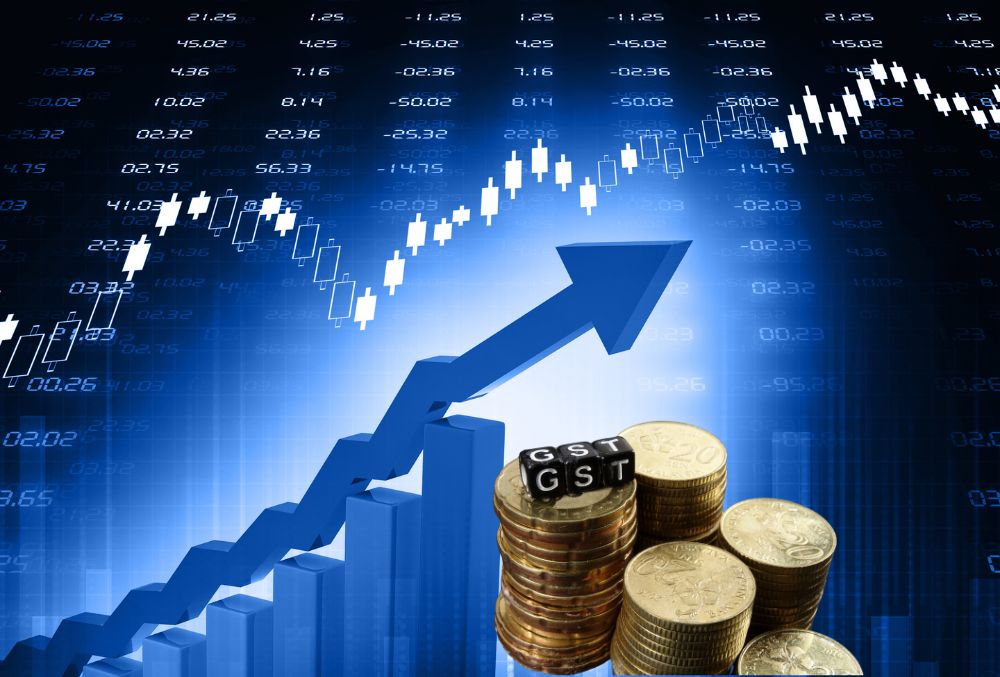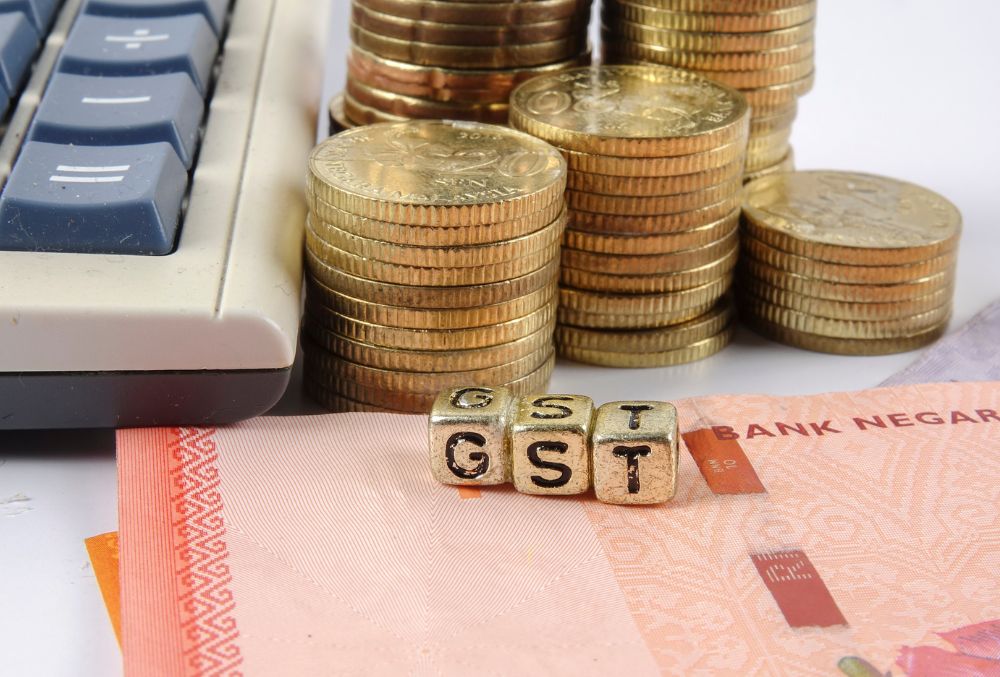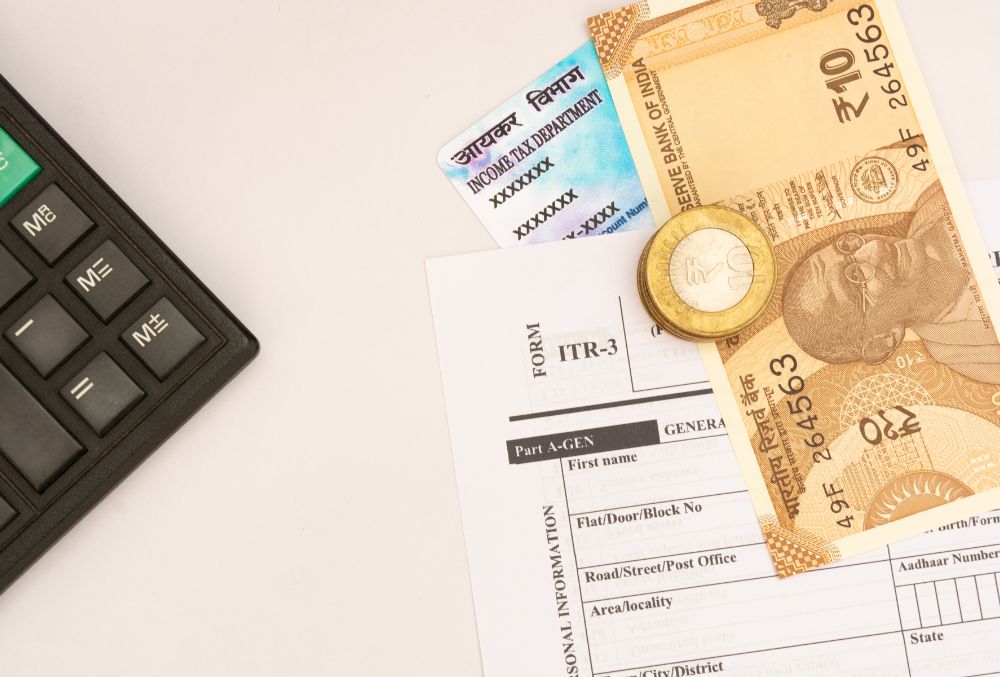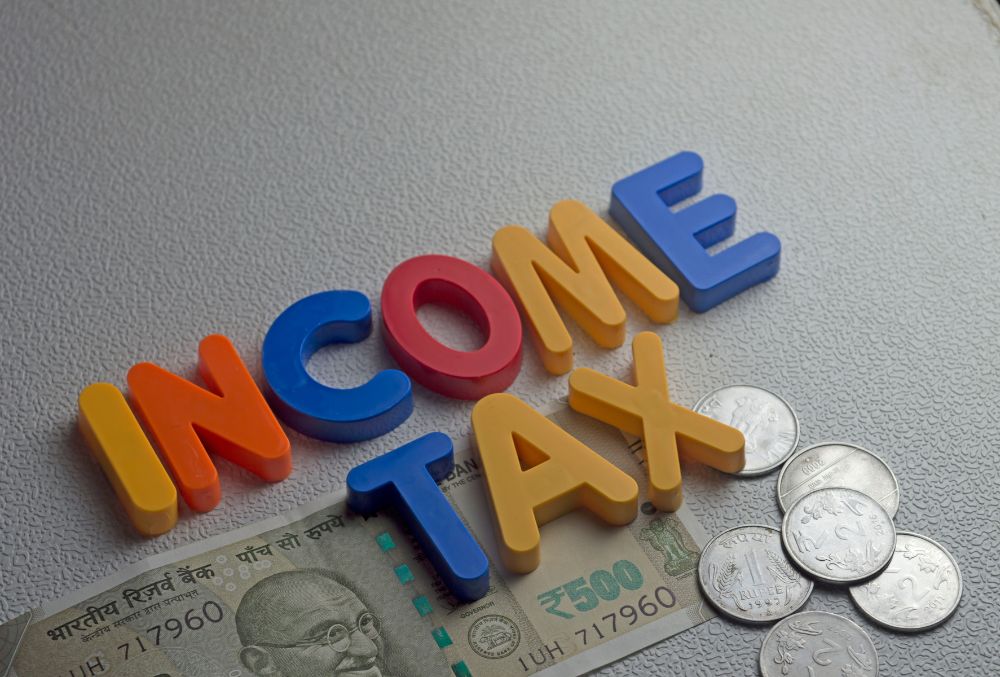Input Tax Credit (ITC) plays a vital role in the framework of the Goods and Services Tax (GST) system in India, enabling businesses to effectively offset the tax they incur on their inputs against their overall output tax liability. This mechanism is designed to ensure that businesses are not burdened by the tax they pay on their purchases, allowing for a more streamlined and efficient tax process. However, it is important to note that there are specific scenarios in which ITC must be reversed. This means that the credit that has been availed by the business needs to be returned to the government. Understanding these particular scenarios is essential for businesses to maintain compliance with GST regulations and to avoid any potential penalties that may arise from non-compliance. In this blog, we will explore in detail the various situations where ITC reversal is mandated, focusing on critical aspects such as non-payment to suppliers within 180 days and instances of non-payment of tax by suppliers. By gaining insight into these scenarios, businesses can better navigate the complexities of the GST framework and ensure they remain compliant with the law.

1. Non-Payment to Supplier Within 180 Days
A frequently encountered situation that necessitates the reversal of Input Tax Credit (ITC) arises when a recipient fails to make the required payment to the supplier within 180 days from the date indicated on the invoice. According to the provisions outlined in the GST law, it is defined that if the payment is not completed within this specified timeframe, the ITC that was availed on the invoices associated with that transaction must be reversed. This means that the credit previously claimed by the recipient will need to be returned to the government, ensuring compliance with the regulatory framework established under GST.
Key Points
Impact of Non-Payment
If a business does not make the payment within the specified 180 days, it must reverse the ITC claimed earlier. This reversal includes the tax component of the unpaid invoice, which can significantly affect the business’s tax liability.
Interest on Reversal
Additionally, interest must be paid on the reversed amount. This interest is calculated from the date the credit was availed until the date of reversal, adding a further financial implication to the reversal process.
Reclaiming ITC
However, the recipient can reclaim the reversed ITC once the payment is eventually made to the supplier. This ensures that businesses are not permanently penalized for payment delays.
Example
A company has availed Input Tax Credit (ITC) on an invoice that is dated January 1, 2024, which implies that they are allowed to claim this credit against their tax liabilities. However, if the company fails to make the necessary payment to the supplier by June 30, 2024, which is 180 days after the date of the invoice, it will be required to reverse the ITC previously claimed. This reversal must occur in July 2024, and it will include the applicable interest calculated from the date the ITC was originally availed until the reversal date. If the company proceeds to make the payment to the supplier later, for instance, in August 2024, they will then have the opportunity to reclaim the reversed ITC in their GST return for the month of August. This process ensures that the company can recover the tax credit once compliance with the payment obligation is fulfilled.
2. Non-Payment of Tax by the Supplier
Another critical scenario that necessitates the reversal of the Input Tax Credit (ITC) occurs when the supplier fails to pay the tax to the government after issuing the invoice to the recipient. This particular situation frequently arises when the supplier fails to file their GST return on time or defaults on the payment of the GST that they have collected from their customers. When this happens, the recipient who has availed the ITC based on that supplier’s invoice may find themselves in a position where they must reverse the credit they previously claimed. This reversal is essential to ensure compliance with the GST regulations and to prevent any potential penalties that could arise from non-compliance.
Key Points
Impact of Supplier’s Non-Payment
If the supplier does not deposit the GST with the government, the recipient who availed the ITC based on that supplier’s invoice must reverse the credit received previously. This can create a ripple effect, impacting the recipient’s financials.
Recipient’s Responsibility
The GST law places the responsibility on the recipient to ensure that the supplier has paid the tax to the government. This is facilitated through the GSTR-2A and GSTR-2B forms, where the recipient can verify the supplier’s tax payments.
Compliance and Rectification
The recipient should regularly follow up with the supplier to ensure tax compliance. If the supplier later pays the tax, the recipient can reclaim the reversed ITC.
Example
Company A avails Input Tax Credit (ITC) based on an invoice that was issued by Supplier B in March 2024, allowing Company A to claim the credit against its tax liabilities. However, in this scenario, Supplier B fails to file their GST return for March 2024 and also neglects to pay the tax that is owed to the government. As a direct consequence of this non-compliance by Supplier B, Company A is required to reverse the ITC that it had previously claimed in its next GST return. This reversal is necessary to adhere to the regulations set forth under the GST framework. Once Supplier B eventually files the required return and pays the outstanding tax to the government, Company A will then have the opportunity to re-claim the ITC that was reversed, thereby restoring its tax credit and improving its financial position.

3. Other Scenarios Leading to ITC Reversal
While the above scenarios are the most common, there are a few other situations that can lead to ITC reversal.
Change in the Use of Goods or Services
If goods or services for which ITC has been claimed are later utilized for non-business activities or for making exempt supplies, the proportionate ITC must be reversed.
Credit Notes Issued by Suppliers
When suppliers issue credit notes to reduce the value of goods or services, the recipient must reverse the corresponding proportion of ITC.
Ineligible ITC Claimed by Mistake
If ITC has been claimed on ineligible items (like motor vehicles for personal use or club memberships), it must be reversed immediately upon identification.
Supply of Capital Goods
In cases where capital goods on which ITC has been claimed are disposed of, the ITC related to the remaining useful life of the asset must be reversed.
Conclusion
Reversal of ITC is a pivotal aspect of GST compliance in India, compelling businesses to remain vigilant in their tax practices. Scenarios such as non-payment to suppliers within 180 days and non-payment of tax by suppliers are prevalent issues that necessitate ITC reversal. By comprehensively understanding these scenarios and related conditions, businesses can ensure timely compliance, minimize penalties, and effectively manage their tax liabilities.
For businesses, it is essential to implement strong accounting and vendor management practices to monitor payments and the tax compliance status of suppliers. Regularly monitoring GSTR-2A and GSTR-2B, maintaining timely communication with suppliers, and proactively addressing any discrepancies will help businesses uphold GST compliance and avoid unnecessary ITC reversals. Embracing these proactive measures will not only facilitate smoother tax processes but also contribute to the overall financial health of the organization.


